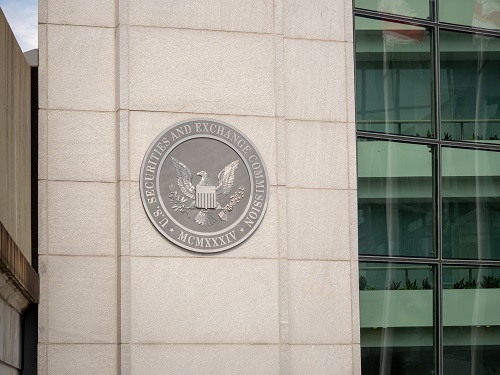BarnBridge DAO, founders to settle SEC charges for $1.7M over unregistered SMART Yield bonds.
SEC alleges failure to register crypto asset securities, cites violation of securities laws.
Gurbir Grewal emphasizes blockchain compliance, highlighting the universal application of securities laws.
Decentralized finance (DeFi) protocol BarnBridge DAO and its founders, Tyler Ward and Troy Murray, are set to pay over $1.7 million to settle charges brought by the Securities and Exchange Commission (SEC).
The charges against BarnBridge were related to the failure to register the offer and sale of their structured crypto asset securities known as SMART Yield bonds. The SEC alleged that the DAO and its founders marketed these bonds without proper registration, a violation of securities laws.
BarnBridge DAO’s $1.7M settlement
BarnBridge DAO, a player in the evolving DeFi space, has agreed to a settlement exceeding $1.7 million with the SEC. The settlement includes BarnBridge yielding almost $1.5 million in proceeds from SMART Yield bond sales, and individual civil penalties of $125,000 for both Ward and Murray.
The US SEC accused the DAO and its founders, Tyler Ward and Troy Murray, of not registering the “offer and sale of structured crypto asset securities known as SMART Yield bonds.” According to the SEC’s statement, SMART Yield pooled cryptocurrencies from investors to generate returns for paying investors.
The SEC’s investigation revealed that Ward and Murray extensively promoted SMART Yield, likening it to asset-backed securities, through social media and appearances on YouTube channels related to decentralized finance. This approach attracted investments exceeding $509 million from various investors.
In the wake of this settlement, the SEC reinforces its stance on the necessity for compliance within the blockchain and crypto space. The regulatory environment is evolving, and companies operating in this sector must navigate it with a keen awareness of regulatory obligations.
